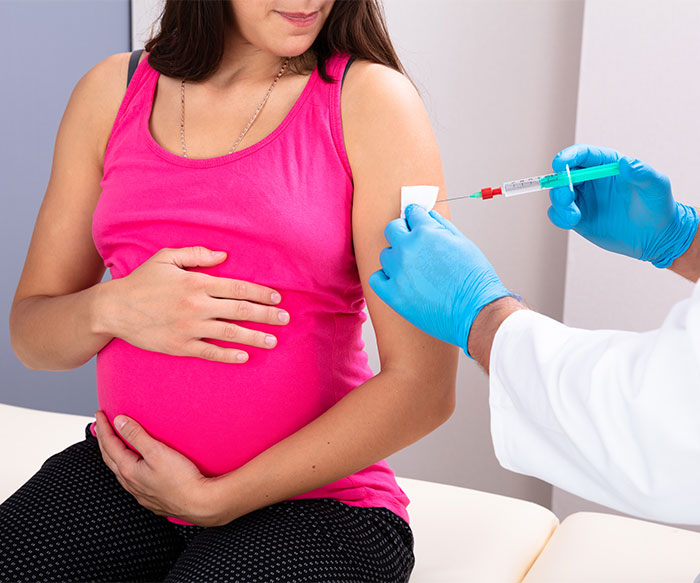Precise Genetic Testing In Siliguri
The genetic testing in Siliguri involves evaluating your DNA, the chemical database that transfers preparations for your body's functions to monitor for changes or modifications in your genes which will induce illness or disease. If you're a healthy person, a positive result from genetic testing doesn’t always mean you'll develop a disease. The genetic carrier screening tells you if you and your partner have these genes and, if so, the probability you'll pass them on to your children.




